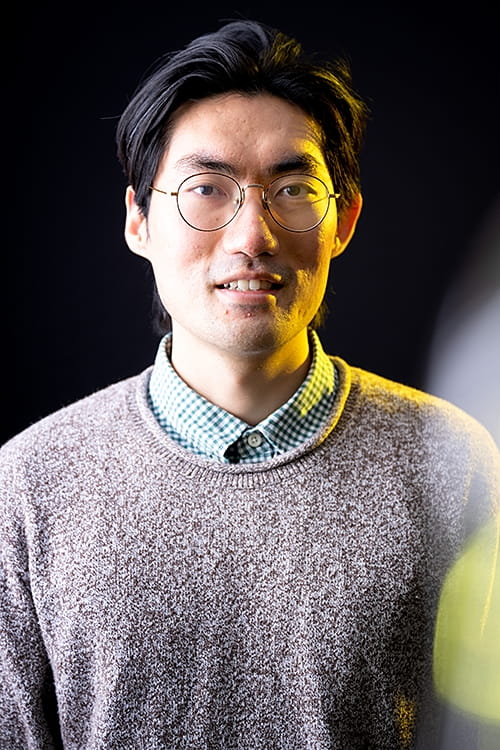
Yan Xu, PhD student, pharmaceutics
Boosts immunity for oral health
“Prevention or early detection and treatment of precancerous lesions has the highest potential to reduce the morbidity and mortality associated with oral squamous cell carcinoma (OSCC). The most common premalignant lesions in the oral cavity are leukoplakias, and the majority (up to 67%) of OSCCs arise from oral leukoplakias (OLPs). Yan has developed an effective therapy for treatment of OLPs.” -Aliasger Salem, professor, pharmaceutical sciences and experimental therapeutics
Hometown: Yangzhou, Jiangsu, China
Faculty mentor/advisor: Aliasger K. Salem, PhD, Bighley Chair, professor, pharmaceutical sciences and experimental therapeutics, College of Pharmacy, associate vice president for research
What is your degree program and expected graduate date? Clinical Pharmaceutical Sciences, PhD, 2023
Please describe your research: Leukoplakia is the most common precancerous lesion in the oral cavity, which has a high chance develop to oral cancer. My project works on boosting the immune system to attack leukoplakia for the prevention and treatment. The immune system will be able to detect and attack precancerous lesions more efficiently with the help of our therapy.
In simple terms, why does this research matter? This project has great potential to improve the treatment for leukoplakia patients and preventing oral cancer. Meanwhile, the interaction between leukoplakia and immune system will be explored, which could help develop more precise diagnosis methods and immune therapy for leukoplakia in the future.
How soon after starting at the University of Iowa were you able to participate in research? Immediately
How has being involved in research made you more successful at the University of Iowa? My research gave me the chance to cooperate with researchers from different colleges besides the College of Pharmacy, e.g., the College of Dentistry and the Carver College of Medicine. Such a multidisciplinary research group helps me understand this project more comprehensively. And in my lab, Dr. Salem’s lab, we have a very cooperative environment. I can learn and work with researchers with diverse backgrounds, which helps me to speed up translating science from the lab to the clinic.
What are your career goals and/or plans after graduation? I am looking for an industry job and keep working in an oncology and immunology-related area.
Banner location: not on display—
